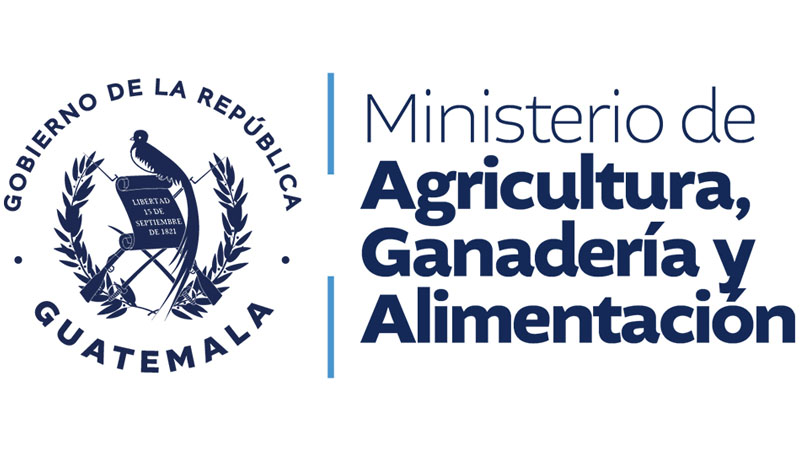Exclusive content

Guatemala has instituted a temporary ban on the fishing of coastal shrimp in the Pacific Ocean to safeguard marine resources. The Ministry of Agriculture, Livestock and Food (MAGA) issued Ministerial Agreement No. 29-2025, published on March 31, 2025, in the Diario de Centro América newspaper, prohibiting the fishing and capturing of shrimp from the Panaeidae family using trawling methods by vessels with commercial coastal shrimp fishing licenses. The ban spans the entire coastal zone of the Pacific Ocean and will remain in effect from May 1 to June 15, 2025.
Importantly, subsistence fishing is exempt from this restriction, allowing local communities to maintain their traditional practices. The measure targets the protection of marine fauna, specifically shrimp species critical for trade, food, and subsistence in Guatemala, reflecting a strategic pause to ensure the sustainability of this vital resource.
Scope and Duration of the Ban
The prohibition focuses on commercial trawling operations, a prevalent technique in shrimp harvesting along Guatemala’s Pacific coast. By enforcing this ban during the specified period, the government aims to preserve shrimp populations essential to both the ecosystem and the economy, though the agreement does not elaborate on the precise ecological timing.
Compliance is compulsory, with non-adherence deemed a violation of Article 80, paragraphs a) and b) of the General Law on Fisheries and Aquaculture. Sanctions for breaches are stipulated under Article 81 of Decree 80-2002, signaling robust legal backing for this conservation effort.
Legal Framework and Enforcement
The General Law on Fisheries and Aquaculture underpins MAGA’s authority to regulate fishing activities, providing a clear statutory foundation for the shrimp fishing ban. This framework ensures that such measures are not merely advisory but enforceable mandates aimed at sustainable resource use.
Signed by Minister Maynor Estrada Rosales, the agreement will take effect 30 days after its publication, offering commercial operators a brief window to adjust their plans. This preparatory period underscores the government’s intent to balance enforcement with practical considerations for the industry.
Conservation Objectives
The ban’s core purpose is to protect shrimp of the Panaeidae family, a species integral to Guatemala’s marine biodiversity and economic fabric. Shrimp fishing supports trade, domestic consumption, and subsistence needs, making its preservation a priority for long-term stability.
By carving out an exemption for subsistence fishing, the measure ensures that local communities dependent on small-scale catches are not unduly burdened. This distinction highlights a policy that seeks to shield shrimp stocks while maintaining essential access for those who rely on them most directly.